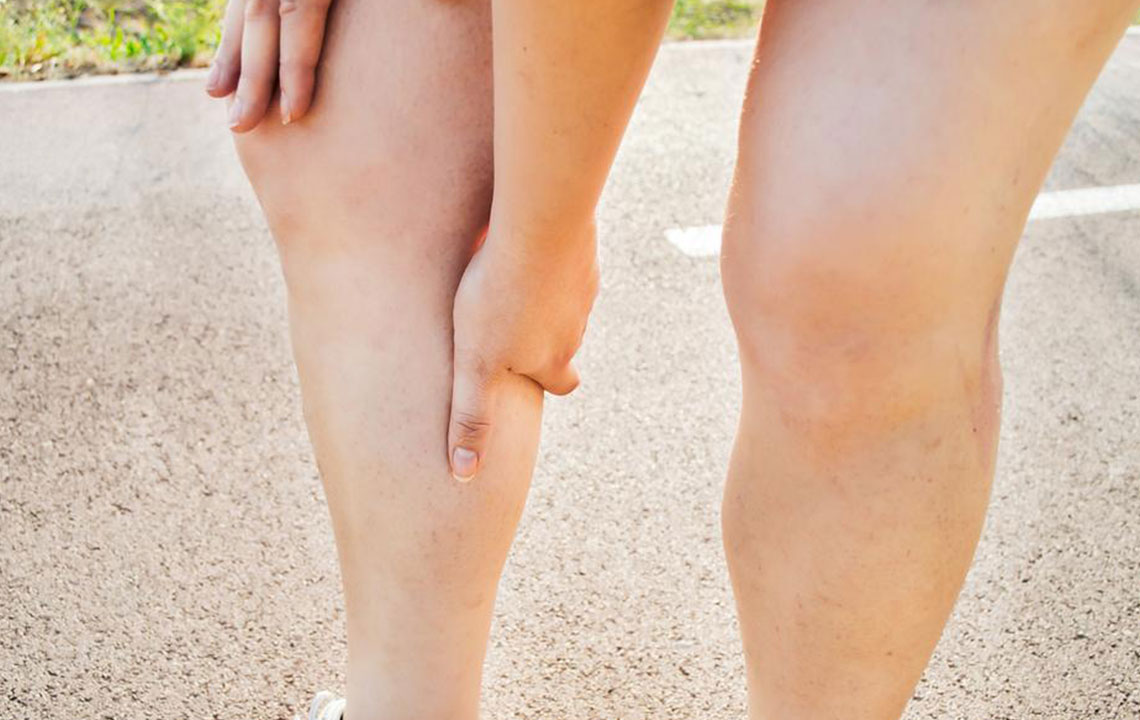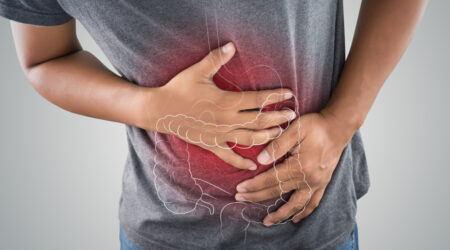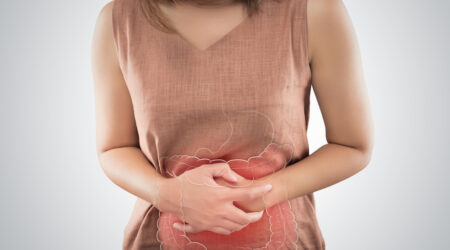How cholesterol causes leg problems
Cholesterol is one of the compounds that one can find in the body’s tissue, and it is usually derived from the food that we consume as well as the content of that food. Depending on the content of the food, we can imbibe good cholesterol or bad cholesterol. Bad cholesterol usually leads to a host of issues like coronary heart disease and diabetes. But did you know that bad cholesterol and its related problems can also lead to leg problems like leg muscle pain?

Clogged blood vessels : The buildup of bad cholesterol tends to choke the blood vessels and arteries in the form of deposits. This can cause some symptoms like claudication, which translates to leg muscle pain and extreme discomfort. In such cases, the patients will experience difficulties when it comes to ease of movement and mobility. The pain may also eventually cause numbness.
Delivery of blood : So why does this happen? When the cholesterol clogs the blood vessels and arteries, the delivery of blood to various parts of the body starts to suffer. The main problem here is that when there is low blood flow to the legs and poor blood circulation, the legs cannot support exertion of any kind be it walking, standing, or any other form of exercise.
Heavy and tired feeling : This is also one of the reasons why patients suffering from cholesterol issues feel tired and complain of fatigue. This lack of blood circulation makes the legs feel heavy and tired even after a minute of walking. This can take quite a toll on one’s general stamina and cause long term leg muscle pain as well.
Cramps and spasms : Due to the lack of proper blood flow and blood circulation, the patient suffering from cholesterol problems may also experience cramps and spasms while asleep. This causes further leg muscle pain.
In case one is suffering from chronic and unexplained fatigue and leg muscle pain, it may be time to get the cholesterol levels checked to rule out the possibility of cholesterol problems and further risk of coronary heart disease.



